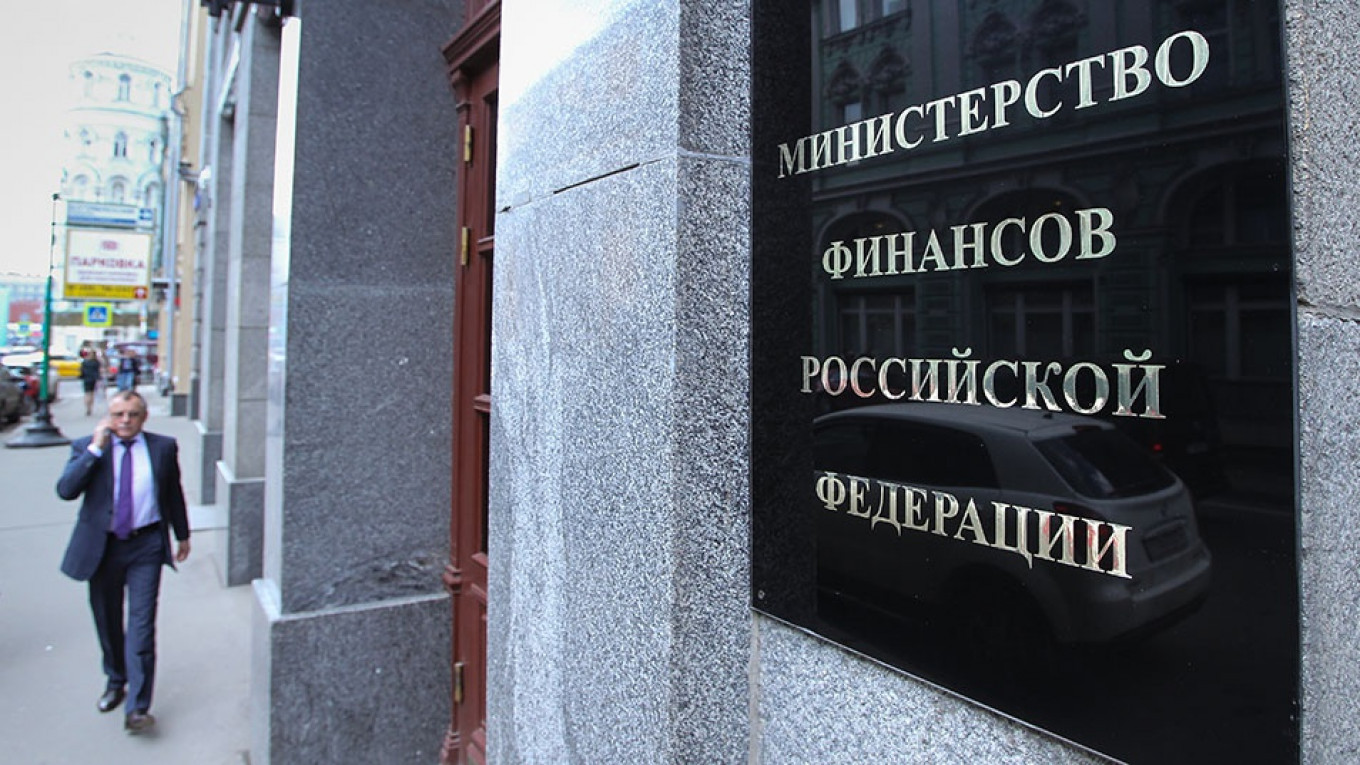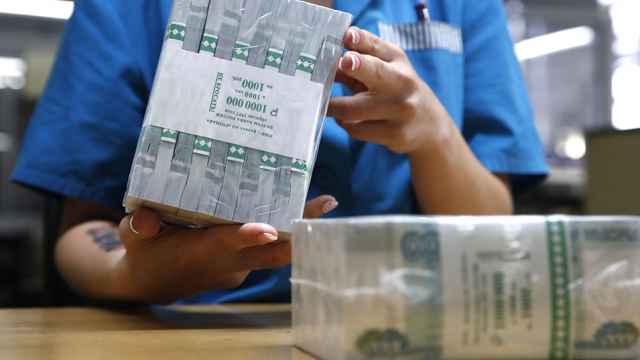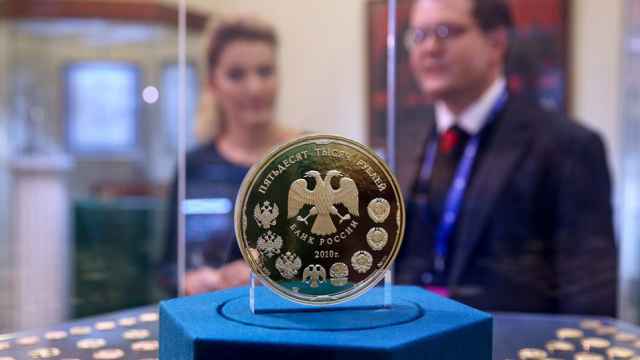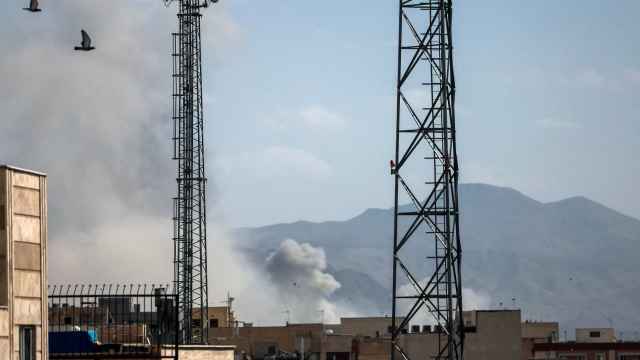Russia is planning to lower the share of the U.S. dollar in its National Wealth Fund, part of its sovereign reserves, as it looks to diversify its foreign currency holdings in 2020, a source at the Finance Ministry said on Thursday.
The change in the fund's structure, designed to help Russia manage its pension system, may alter the composition of state foreign-currency purchases in the market, the source said.
Russia has stepped up a so-called de-dollarization process to reduce its dependence on the greenback since 2014 when Moscow's relations with the West deteriorated over Russia's annexation of Crimea and its role in the Ukrainian crisis.
The source at the Finance Ministry, who asked not to be named due to the sensitivity of the issue, said the idea was to bring the structure of the National Wealth Fund closer to that of Russia's international foreign exchange reserves held by the central bank.
"We're planning to do it quickly, most likely, next year," the source told Reuters.
"We will lower the dollar share to levels close to the structure of the central bank's reserves. We will add reserves currencies as the central bank has in its reserves."
The euro accounted for 30.3% of the central bank's reserves as of Mar. 31. The U.S. dollar's share was 23.6%, the Chinese yuan accounted for 14.2%, and the pound for 6.6%. The Japanese yen, the Canadian dollar and the Australian dollar altogether accounted for 7.1%.
Russia, which reports the reserve structure with a six-month lag, had $542.9 billion in its reserves as of Nov. 1.
In the National Wealth Fund, which is part of the country's sovereign reserves, the dollar accounted for 45.5% at the end of September, according to finance ministry data. The euro's share was 39.17% and the pound accounted for another 7.67%, according to the data. It was unclear what currencies made up the remaining 7.66%.
A shift in the National Wealth Fund composition may affect the rouble as the central bank carries out daily currency buying on behalf of the finance ministry under the so-called fiscal rule, praised by the International Monetary Fund and rating agencies.
The central bank may cut the amount of dollars it buys, while increasing euro purchases, the source at the finance ministry said.
"But we have not yet discussed it with them," the source said.
Financial authorities do not disclose what foreign exchange they buy on the market. The finance ministry said this week the central bank will purchase 11.4 billion roubles ($178.77 million) worth of foreign exchange a day for state coffers in November.
A Message from The Moscow Times:
Dear readers,
We are facing unprecedented challenges. Russia's Prosecutor General's Office has designated The Moscow Times as an "undesirable" organization, criminalizing our work and putting our staff at risk of prosecution. This follows our earlier unjust labeling as a "foreign agent."
These actions are direct attempts to silence independent journalism in Russia. The authorities claim our work "discredits the decisions of the Russian leadership." We see things differently: we strive to provide accurate, unbiased reporting on Russia.
We, the journalists of The Moscow Times, refuse to be silenced. But to continue our work, we need your help.
Your support, no matter how small, makes a world of difference. If you can, please support us monthly starting from just $2. It's quick to set up, and every contribution makes a significant impact.
By supporting The Moscow Times, you're defending open, independent journalism in the face of repression. Thank you for standing with us.
Remind me later.







